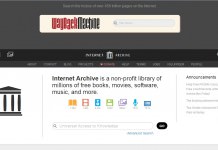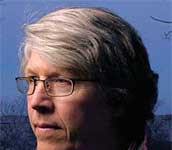
From the University of Chicago Library News:
Digitized copies of a small selection of the Library’s 19th-century ethnographic maps and 19th-century European transportation maps are now available online. These newly digitized maps form a portion of the roughly 400 maps that are available via the Library’s Map Collection web page.
[Clip]
Most of these maps show the distribution of particular ethnic groups or languages, while a few show the geography of other aspects of culture. The majority concentrate either on parts of the colonial world in which the ethnic distribution was only coming to be known by Western scholars—or else on one of the regions of Europe or the Middle East where the geography of ethnicity conflicted with political boundaries. This set also includes two urban maps.
[Clip]
These maps document an extraordinary change. At the beginning of the 19th century, movement was largely along dirt roads and depended on horses or walking. Canals, some associated with the nascent Industrial Revolution, existed in a few places, but movement along the canals was also dependent on animal power. It could take weeks to cross Europe. By the end of the 19th century, transportation had become faster, more reliable, and more comfortable. Steam railroad lines had penetrated everywhere except parts of Eastern Europe, northern Scandinavia, and the High Alps. Roads, even though they were starting to be paved, were secondary except at the very local level. Waterways continued to be important for bulk freight.
[Clip]
Approximately 400 map images are now available from the Library’s map collection web page. That means that scans are available for fewer than one tenth of one percent of the maps in the Collection, and University of Chicago users are encouraged to consult our print maps as well. The items included online are primarily materials that are unavailable in other libraries and that are likely to be of the greatest local interest.
Read the Complete U. of Chicago Library News Article
[Via INFOdocket]































